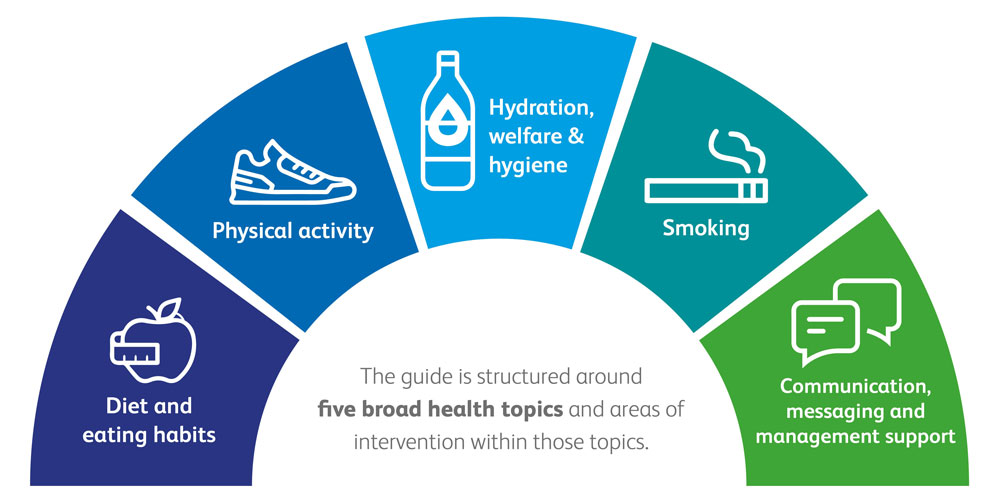Shaping the Rail Environment to Encourage Healthy Behaviours
We often assume that preventing ill-health is primarily the responsibility of the individual. However our individual intentions can be difficult to action if the opportunity to make healthy choices is hindered by the workplace environment.
Across the rail industry, there is a concern that unhealthy behaviours are becoming more widespread. This is leading to serious health problems, such as obesity, type 2 diabetes, fatigue, high blood pressure and poor mental health.
Research shows that interventions addressing environmental and organisational barriers alongside the promotion of health initiatives that focus on the individual are more successful. There is an opportunity for rail organisations to promote health and wellbeing in an integrated way that drives real sustainable behaviour change. This will include adjustments to the rail environment and culture to provide opportunity, as well as supporting people’s motivation to change.
For rail workers, common barriers to positive health behaviours include a lack of access to healthy food, inadequate access to welfare facilities, lack of opportunities to exercise and shift work.
To enable organisations to support employees make positive health choices we have published research, in collaboration with the Institute for Employment studies. This work helps us to understand the environmental and cultural influences in the rail industry that contribute to unhealthy behaviours in the workplace.
This research provides guidance on changes that can be implemented within the rail working environment to promote healthy behaviours.
Actions that organisations can take to improve the capability, motivation and opportunity for healthy decision-making have been grouped into five key themes in the diagram below.

The recommendations made from the findings of this research encourage companies to review existing work environments and implement changes to embed a culture of health. These recommendations can provide the opportunities and means for staff to make healthier choices at work.
A healthier work culture means that staff are more likely to be empowered to better manage their physical health both inside and outside of work. This could lead to a reduction in the number of long-term health conditions, decrease sickness absence and presenteeism associated with physical ill-health and reduce safety risks from health-related incidents.

